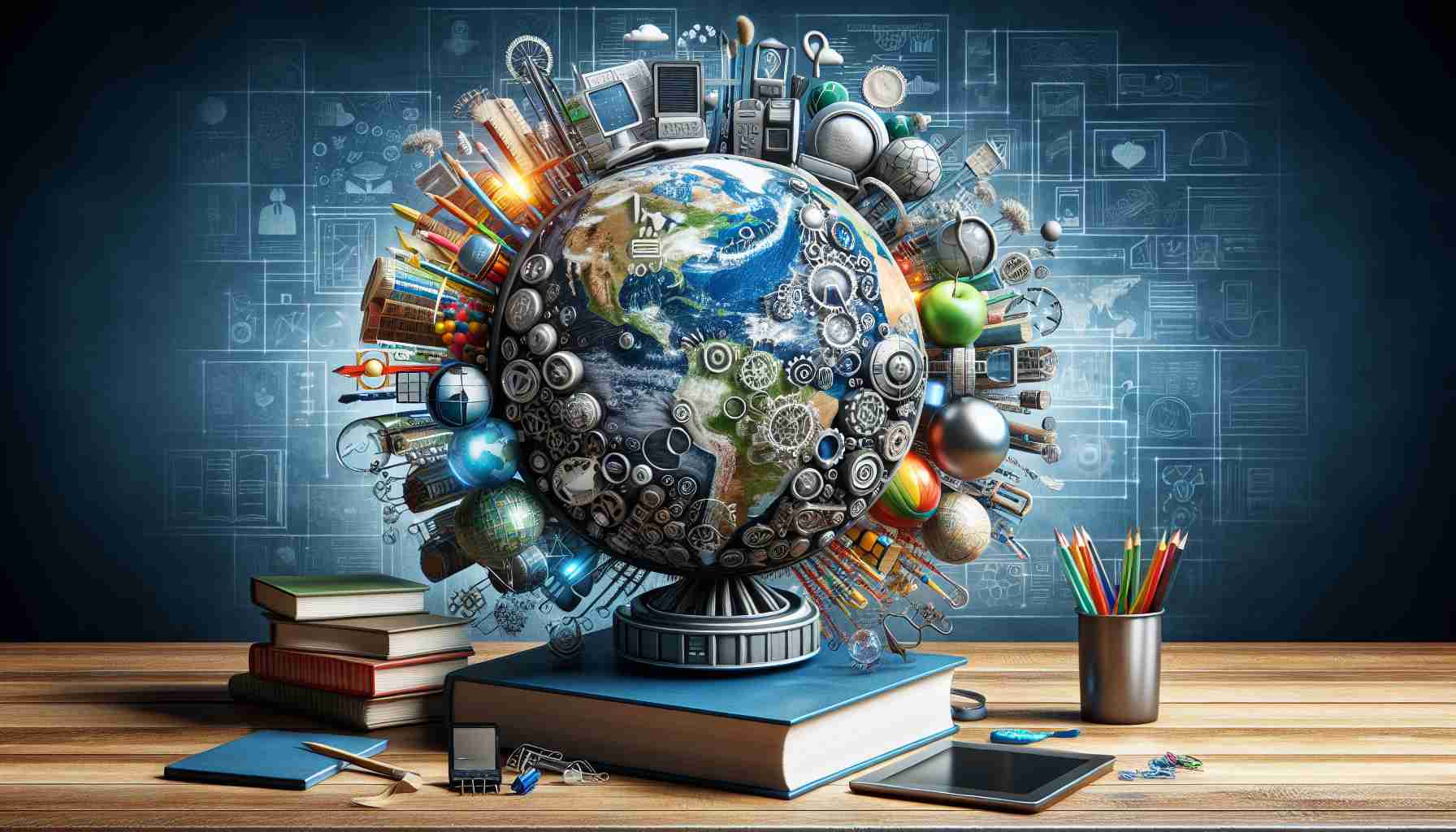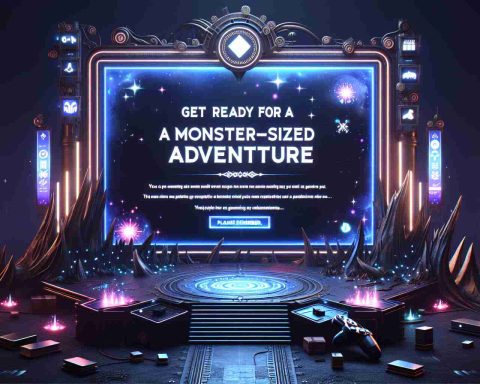Virtual Reality (VR) technology has made significant strides in redefining the educational sector, offering a fresh perspective on how learning environments can be enriched with innovative tools and concepts. The integration of VR presents a remarkable opportunity to nurture equality, integration, and diversity within educational settings.
Institutions of higher education, including historically Black colleges and universities (HBCUs), are embracing VR as a powerful tool to expand access to top-notch education. By utilizing VR, students can navigate virtual campuses, engage in hands-on simulations, and tap into a global network of educational resources and expertise.
Customizing the learning experience through VR opens new doors to cater to diverse learning styles and individual student requirements. This tailored approach helps break down traditional teaching barriers and fosters a more inclusive educational environment.
In essence, the immersive nature of VR not only cultivates adaptive skills and cultural awareness but also encourages individuals to embrace a multitude of perspectives. With responsible integration and innovative utilization of VR, educational institutions can lay the foundation for a teaching environment built on the principles of equality, integration, and diversity.
FAQ:
1. How does virtual reality contribute to promoting equality, integration, and diversity in education?
Virtual reality allows students to immerse themselves in various scenarios, cultures, and contexts, fostering a deeper understanding of intercultural differences and enhancing skills in empathy and collaboration.
2. In what ways can VR enhance access to high-quality education for historically Black colleges and universities (HBCUs)?
VR enables students to virtually explore campuses, partake in practical simulations, and access a wealth of educational resources and experts globally, thus enhancing the accessibility of educational opportunities.
3. What are the advantages of personalizing the teaching process using VR?
Leveraging VR for personalized learning accommodates different learning styles and individual needs, overcoming the obstacles often associated with conventional teaching methods.
4. What is the potential of virtual reality in developing adaptive skills, cultural awareness, and openness to other perspectives?
Virtual reality has the potential to foster adaptive skills, cultural understanding, and openness to diverse perspectives by immersing individuals in varied environments and cultural contexts.
Definitions:
– Virtual Reality (VR): 技術は完全に人工的な、コンピュータ生成された環境を利用者に特殊な装置(VRゴーグルやヘルメットなど)を通じて体験させる。
Suggested Related Links:
– educationworld.com
– education.gov.pl
The source of the article is from the blog tvbzorg.com








